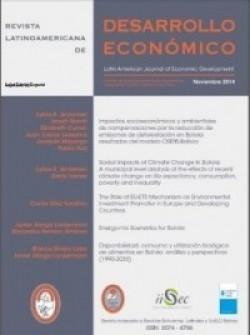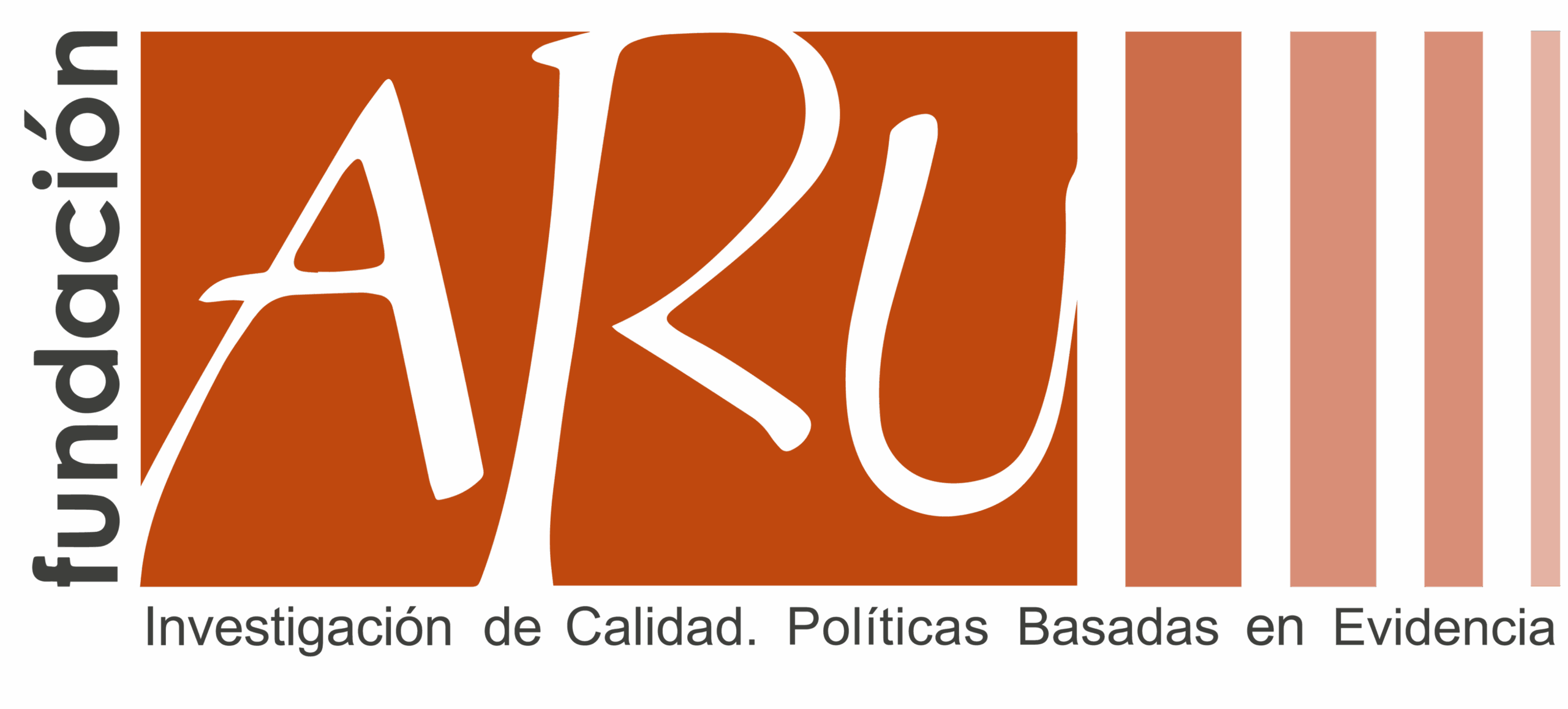
Year: 2015
Author(s): Werner L. Hernani Limarino, Christian Valencia, Gary Mena, Paul M. Villarroel V.
Aru Foundation and the Socioeconomic Research Institute (IISEC) of the Bolivian Catholic University “San Pablo” present a special issue of the Latin American Journal of Economic Development (LAJED). On this occasion, the aim is to contribute to the debate on the possible impacts obtained by various public policies on the well-being of the population in Bolivia. Additionally, the document provides added value by exposing various impact assessment methodologies that respond to the availability of data in a country like Bolivia.
During the last decades various public policies have been implemented in the social area in Bolivia. Many of these policies sought solutions to problems in employment, education, social protection, health and support for the productive sector, among others. For the most part, the objectives of these programs focused on the well-being of vulnerable groups of the population and the solution to problems installed in them. However, many of these public policies did not have an analysis of the effects they had on the life of the population.
The evaluation of the impact of public policies is a tool that allows observing the efficiency and effectiveness in the fulfillment of its objectives. In this way, this analysis can feed the public policy process by providing evidence for the formulation of new programs, restructuring of existing policies and a better allocation of economic resources.



